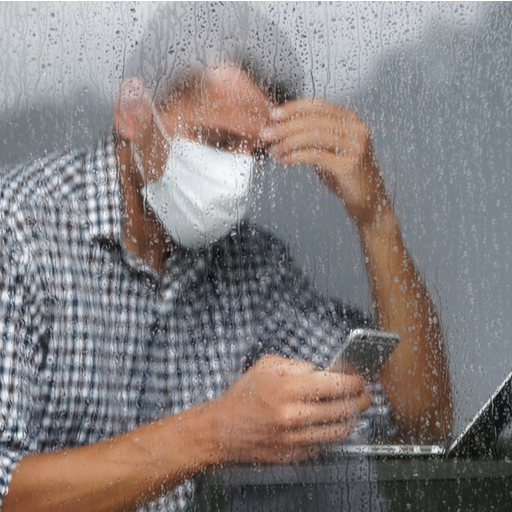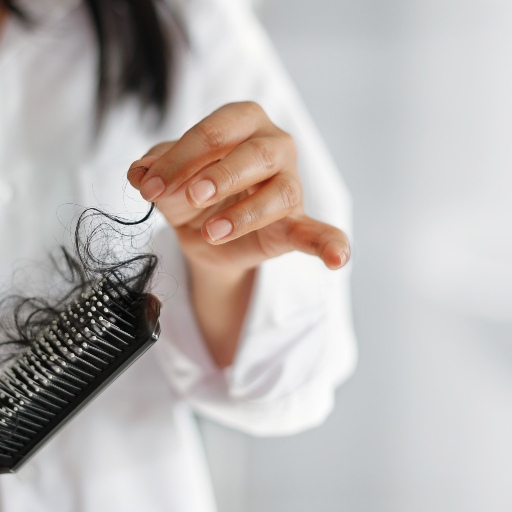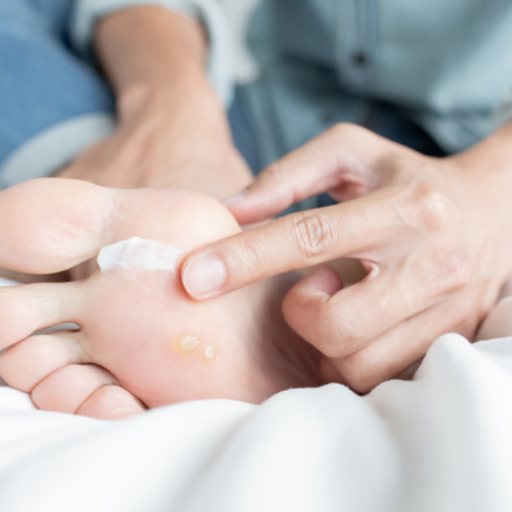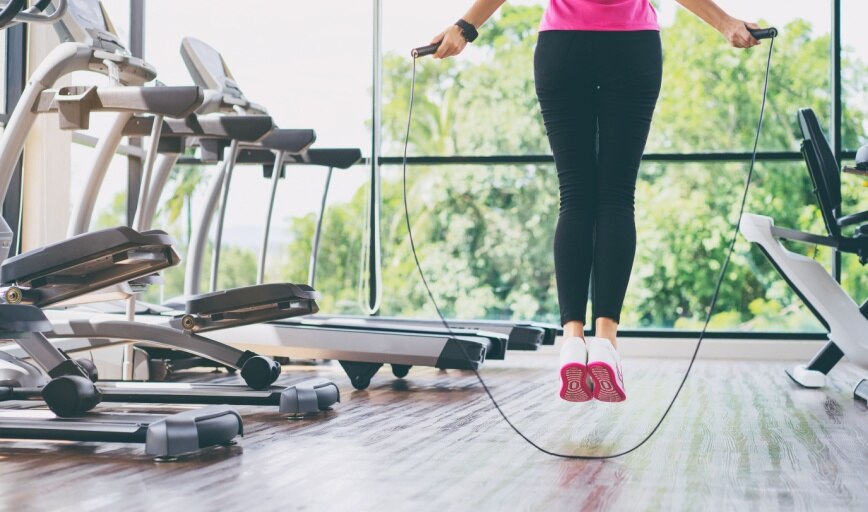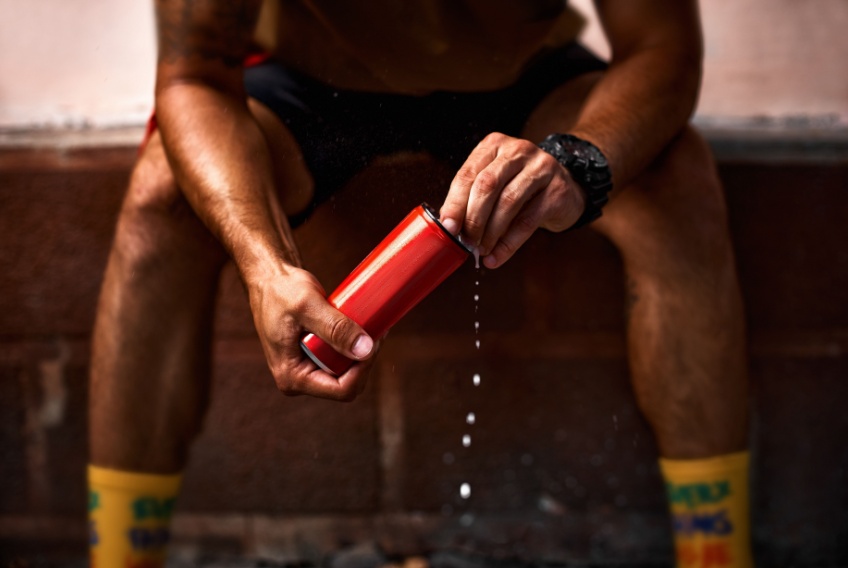Face masks are important for protection against novel coronavirus but this boon can quickly turn into a hazard upon absorbing moisture. The arrival of monsoon poses a serious threat to the efficacy of masks in the fight against covid-19. Dr. Sunil has laid down some easy guidelines to tackle the problem of wet masks during monsoon. Check it out.
What You Should Know:
Challenges posed by wet mask:
1. Breathing becomes difficult
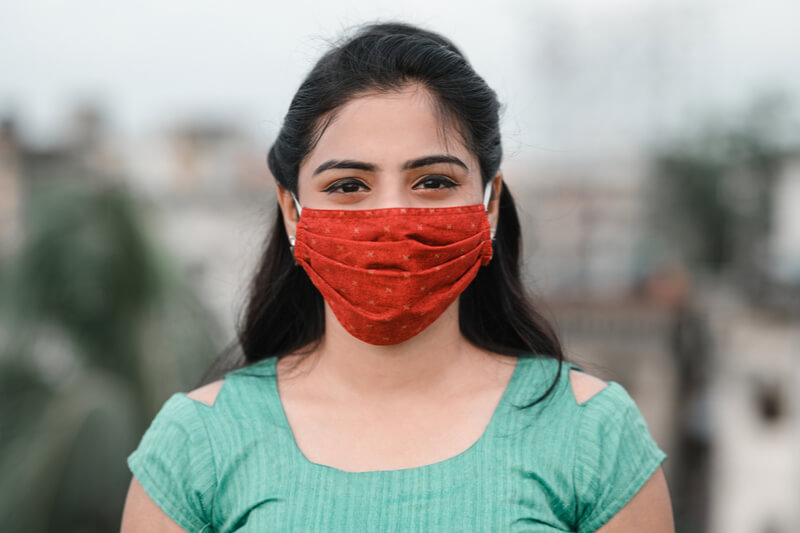

When a mask absorbs moisture, its filtering mesh gets clogged, which makes the passage of air more difficult. This creates a difficulty in breathing through the nasal passages, which is uncomfortable for the average users, and could be harmful to the health of patients with respiratory illnesses and other comorbidities. If you are thinking of upgrading your mask for the monsoon, read this informative blog to make the process hassle-free.
2. Double masking becomes difficult
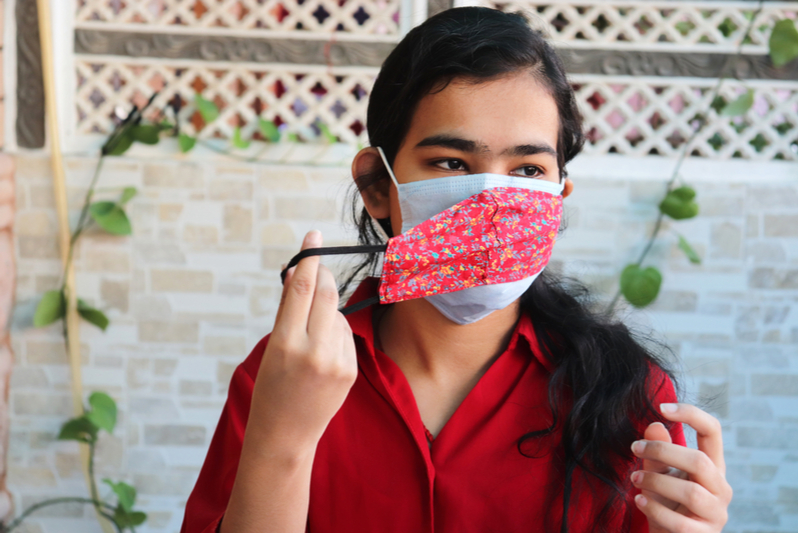

Wearing a twin-layer of masks is one of the most effective preventive measures against Coronavirus. However, if either mask gets wet, it may pass on the moisture to the other mask and make double masking highly inconvenient.
3. Increases Risk Of Catching Cold
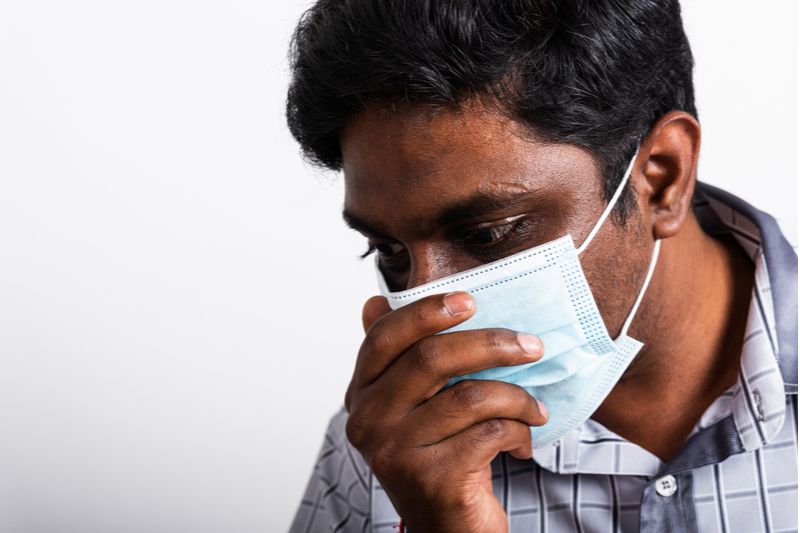

Most masks in common use are not waterproof and once they get wet, water starts collecting inside them. Wearing wet masks for a long period of time can lead to a sharp rise in the risk of contracting seasonal illnesses like cold and flu. Here’s a quick guide to keep yourself safe from common monsoon ailments.
How to deal with wet masks:
1. Carry an extra pair of masks
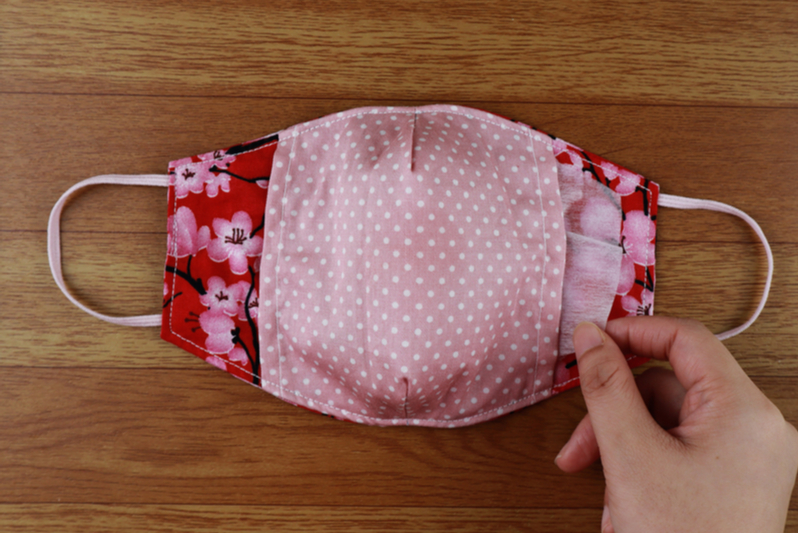

It is advisable to strengthen your covid preparation a bit more than usual during the monsoon. Carry an extra pair of face masks, preferably in a waterproof pack, so you can switch them when needed. You can also create a collection of masks at home that can be used as alternatives when your regular mask becomes damp.
2. Store your masks in a dry area
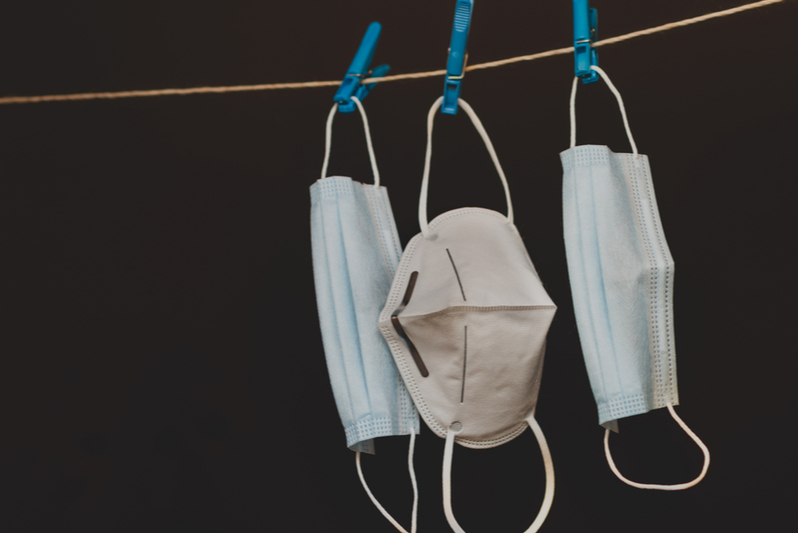

Despite carrying multiple masks on your person, it is necessary that your wet masks do not remain damp for longer duration. This can speed-up their disintegration and make them unusable. Thus, store them in an area to ensure they dry quickly and remain usable.
3. Add face shields to your protective gear
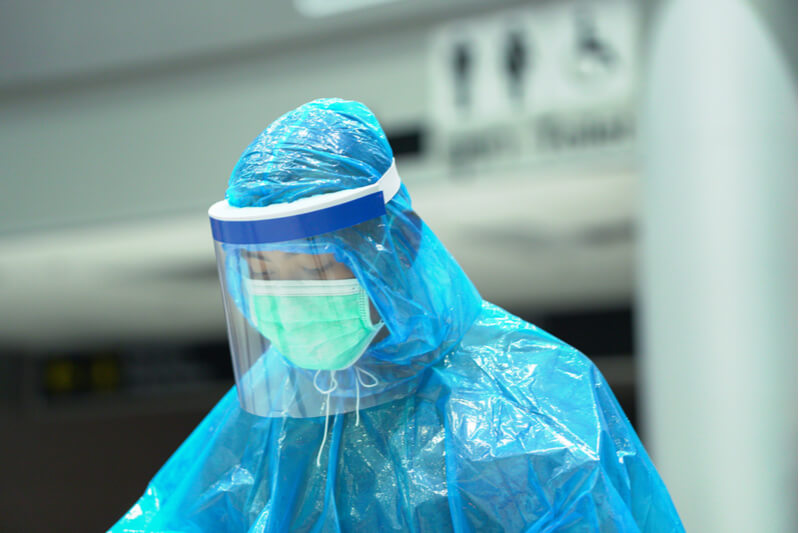

Face shields must definitely not be considered an alternative to face masks. Yet, adding them to your protective gear, along with face masks, can strengthen your shield against coronavirus by blocking out large droplets and acting as an armour for your eyes.
4. Dispose your wet mask properly
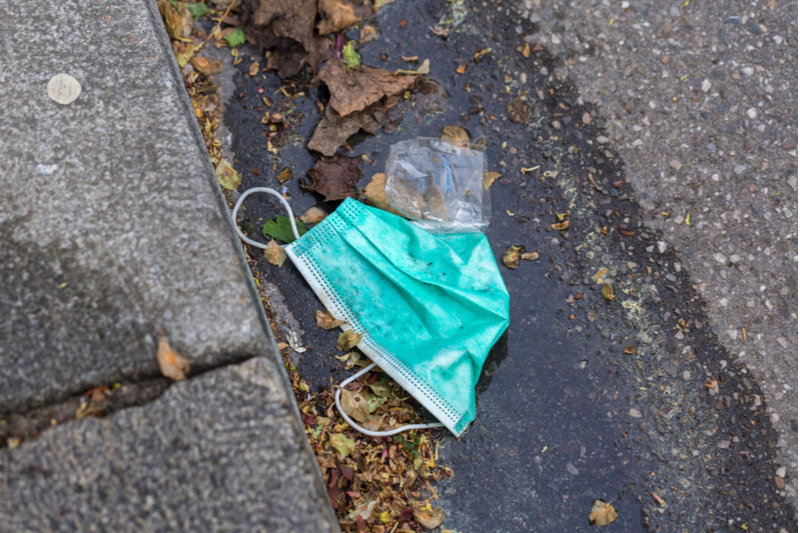

In order to safeguard your health, and everyone else’s well-being during the pandemic, it is important to not be careless with your face masks. Dispose your wet mask by wrapping it in paper and then discarding it in the wastebasket. Disposing your wet masks indiscreetly can lead to an increase in the risk of contracting the virus as well as environmental problems. Always remember to sanitise your hands properly after disposing of the mask.
Safeguard your health during the monsoon by handling the problems posed by wet masks with care and mindfulness. For more tips on health and wellness check out the Fitness and Lifestyle sections of the Activ Living Blog.














